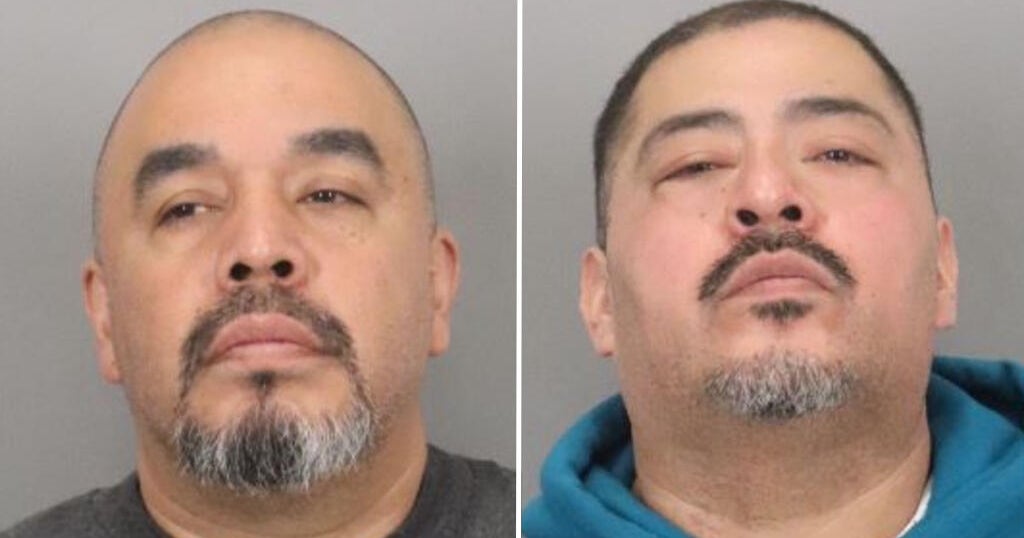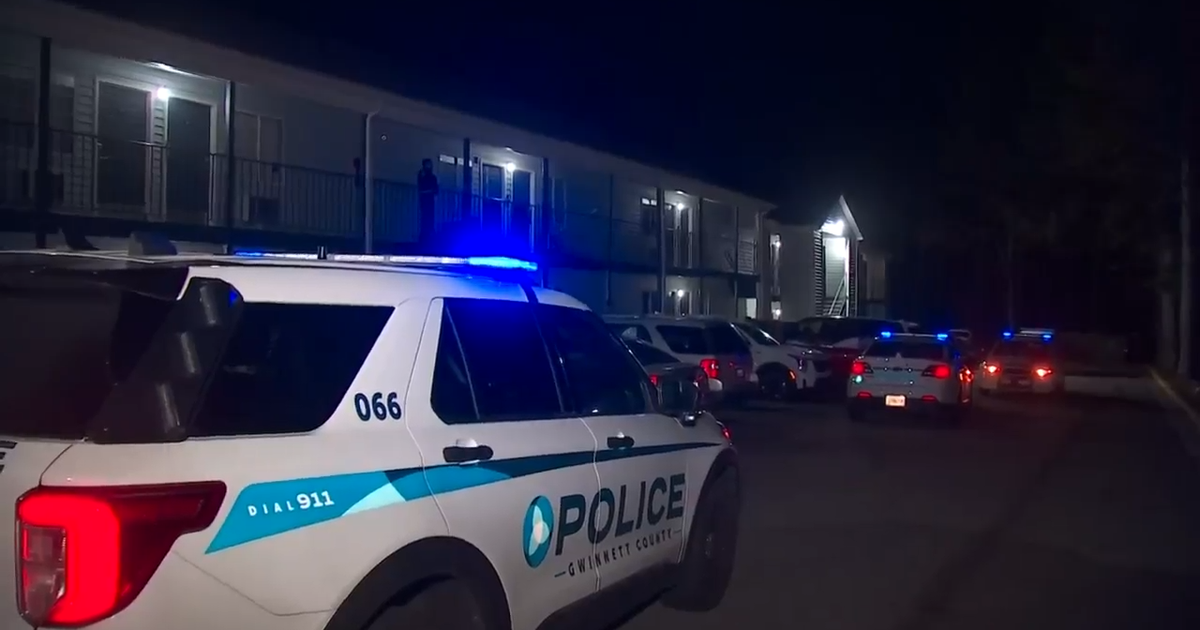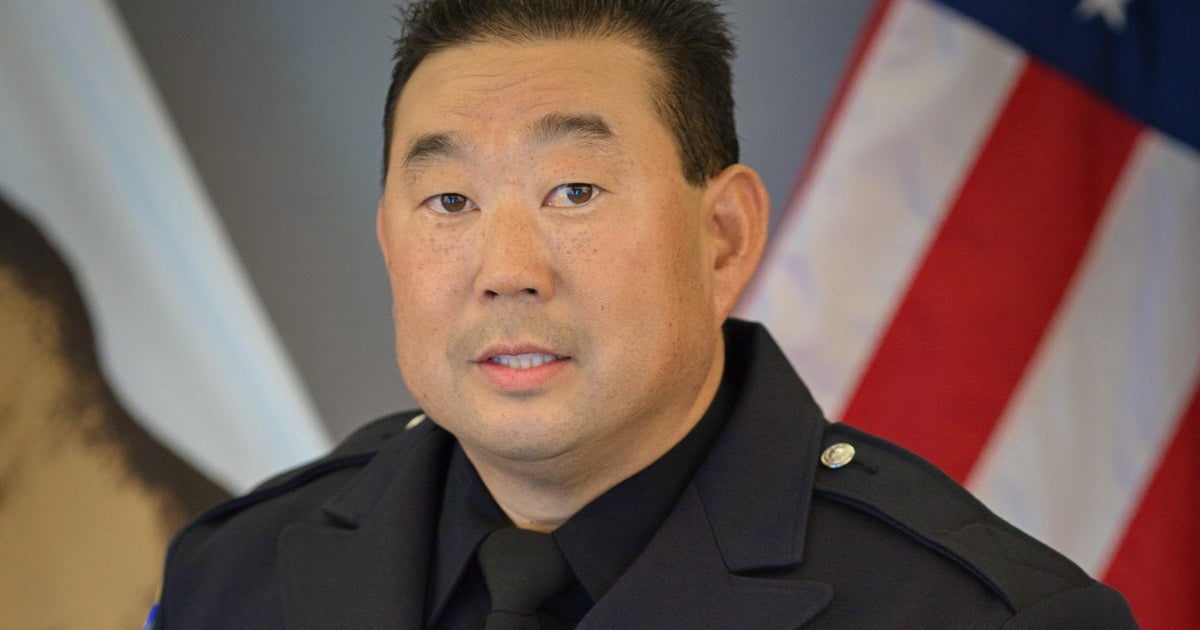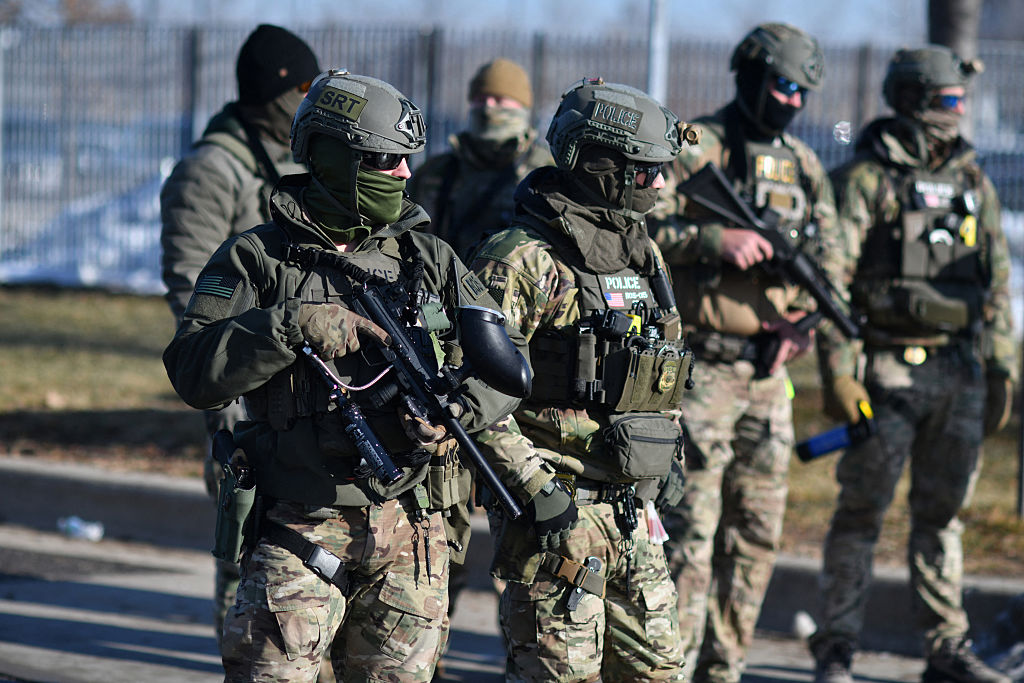Where the suspected Georgia school shooter got the gun, and more questions answered
A day after the fatal shooting at Apalachee High School in Winder, Georgia, authorities are releasing more information about the gun used in the incident that killed two students and two teachers and wounded nine others.
The suspected shooter, Colt Gray, was the latest to use a type of weapon that has been commonly used in mass shootings, including the deadly school shootings at Marjorie Stoneman Douglas High School in Parkland, Florida, and Robb Elementary School in Uvalde, Texas, as well as mass shootings at a Buffalo, New York, supermarket and on the Las Vegas Strip.
Here's what to know about the gun authorities say was allegedly used by the 14-year-old suspect, who has been charged with four counts of felony murder.
What was the gun used in the Georgia school shooting?
Authorities said Wednesday the weapon the suspect used was an AR-style platform rifle. These weapons, based on the AR-15 design, are lightweight, semiautomatic rifles popular with consumers. While often called "assault rifles" — a term gun advocates say is misleading — the "AR" stands for ArmaLite, the company that developed the original AR-15.
The high velocity ammunition shot by these types of weapons can shatter bone, but thousands are sold each year.
How did the suspected Georgia shooter get the gun?
In the Apalachee High School shooting, CBS News has learned that police and federal agents are investigating if the suspect received the weapon as a gift from his father, Colin Gray, in December 2023, according to four federal law enforcement sources close to the investigation. That would have been about seven months after law enforcement officers talked to the teen and his father in an investigation of online school shooting threats.
The 54-year-old father was arrested Thursday on charges of second-degree murder, involuntary manslaughter and cruelty to children, according to the Georgia Bureau of Investigation.
"These charges stem from Mr. Gray knowingly allowing his son, Colt, to possess a weapon," GBI Director Chris Hosey said in a news conference Thursday night.
During a May 2023 investigation into online threats of a shooting, local police spoke with the suspect's father, who said he, the father, owned hunting rifles but the teen did not have unsupervised access to them, according to incident reports obtained by CBS News.
Are these guns legal in Georgia?
Georgia law prohibits minors from possessing handguns, but there is no minimum age to possess a rifle or shotgun in Georgia. The state also has few restrictions for adults who wish to carry firearms.
Under both state and federal law, the teenager would not have been legally allowed to buy a handgun, rifle or shotgun. According to the Giffords Center, individuals must be at least 18 years old to purchase handguns in Georgia, while federal law sets the same minimum age for buying shotguns and rifles, as stated by the Bureau of Alcohol, Tobacco and Firearms.
"We've seen this 14-year-old shooter had made threats a year before. The father apparently said to the police that he bought the AR-style weapon for a Christmas present for his minor child," Kris Brown, president of gun control advocacy organization Brady, told CBS News' Natalie Brand, drawing a parallel to the case of James and Jennifer Crumbley, the first parents in the U.S. to be convicted in a mass school shooting carried out by their child.
Four students were killed and seven others were wounded in the Oxford High School shooting in Michigan. The Crumbleys were found guilty of involuntary manslaughter, as prosecutors argued they ignored their son's mental health needs and bought him a gun. Brown said Colin Gray's arrest and the convictions of James and Jennifer Crumbley send a message.
"If you have a firearm in the home, you better safely store that firearm, or you will have a risk if something happens of being criminally charged," she said.
Is there a lot of gun violence in Georgia schools?
Over the past decade, Georgia ranks 10th in the nation for school campus gun violence per 100,000 people, and 16th for deadly school shootings per capita, according to a CBS News analysis of data from the K-12 School Shootings Database and population estimates from the 2020 U.S. Census.
What are Georgia's gun laws?
Adults in Georgia are not required to have a permit to buy rifles, shotguns or handguns, nor do they need to register their firearms with the government. Additionally, no permit is needed to carry rifles and shotguns, according to the National Rifle Association Institute for Legislative Action.
In 2022, Georgia passed a law allowing permitless carry, which eliminated the need for a license, fingerprinting and a background check to carry concealed weapons in public.
According to a CBS News analysis, Georgia's laws are among the least strict in the nation.
Does Georgia have a red flag law?
Extreme risk protection orders, which are commonly referred to as "red flag" laws, allow a court to order the temporary removal of guns from someone deemed at risk of harming themselves or others. Twenty-one states have these kinds of laws in place, but Georgia is not one of them, according to Everytown, a gun safety advocacy group.
Georgia state Rep. Gabe Okoye, a Democrat whose district is near Winder, told CBS News that a red flag law in Georgia could have prevented the Apalachee High School shooting.
"If we had a red flag law, I believe this wouldn't have happened, because the child had been flagged several times before," he said.
In some states, family members can file extreme risk protection orders. In other states, petitions can only be filed by law enforcement. Petitions filed by law enforcement tend to be successful in front of the judge, said April Zeoli, a University of Michigan associate professor who studies these laws, and the court can require guns to be removed from the home or secured safely in the home or outside.
Petitions filed by family members tend to have more approval challenges as "it's easier for law enforcement to figure the whole process out more than civilians, as they know what counts as evidence or not evidence," said Zeoli.
How successful are red flag laws at stopping mass shootings?
Zeoli has been directing a six-state study — the largest in the U.S. — on extreme risk protection orders. Preliminary data gathered by the research team on roughly 6,500 cases filed in states such as Michigan, Vermont and Florida, showed that around 3% of these orders were filed in cases involving juveniles, Zeoli said. Approximately 10% were filed in cases involving people who have threatened mass shootings, and the majority of extreme risk protection orders were filed for suicidal risks or mental health issues.
"What we know is extreme protection orders for mass shootings are not associated with later mass shootings," said Zeoli. "Those people don't go on to commit mass shootings." However, she cautioned, that it remains difficult to quantify whether the extreme protection order stopped the shooting, or whether other factors were involved.
Law enforcement faces challenges on the ground as well, said Christopher Carita, a detective with the Fort Lauderdale Police Department who investigates threats of mass gun violence and other cases requiring the use of an extreme protection order. He said he's investigated about 30 cases involving juveniles and that invoking a petition can "turn lives around one to two years later."
Mass shooting incidents where four or more people are killed or injured represent only a small fraction of the numbers of gun deaths and injuries at schools in the U.S. More than 75% of the deaths and 68% of people wounded are in incidents that are not classified as mass shootings and don't garner as much attention, according to the K-12 School Shootings database.



